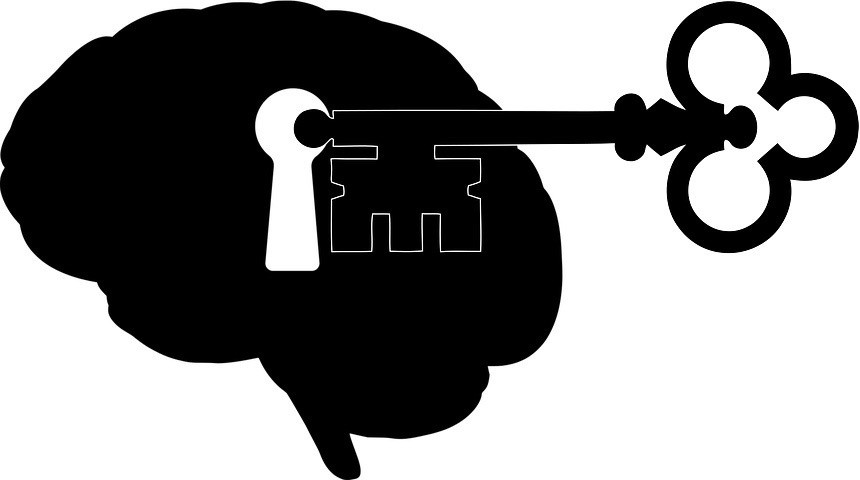Long-term neurobehavioral outcomes in Autoimmune Encephalitis
November 15, 2017

One of the first studies on long-term neurobehavioral outcomes in patients affected by AE will be presented by Anusha Yeshokumar, MD, during the upcoming Encephalitis Society meeting in London. This may be difficult news for some AE patients, however at times it is comforting to know that what one suffers is not unusual. The study found that many patients with AE reported ongoing difficulties with fatigue, concentration, mood changes and short-term memory (mean follow-up time was 4 years; patients included both children and adults, 51% antibody-positive, 49% antibody-negative).
The authors concluded, “In summary, patients with AE frequently have persistent impairments in neurologic disability, neurocognitive symptomatology, and adaptive behavior, which may not be adequately captured by routine neurologic assessments.” Presently the abstract only is available online, see here. Please bear in mind, diagnosis and treatment were not as prompt around a decade ago when many patients in this study first became ill. We have been told, at AEA, by physicians that patients should be encouraged to pursue treatment similar to that for traumatic brain injury (“TBI”) as needed to improve outcome. Neuropsychological testing, if available may serve to assist in guiding therapy for any cognitive deficits that may be due to AE. If that is not available, many counselors are trained in various types of cognitive therapy that may be of assistance. Dr. Yeshkumar is Assistant Professor of Neurology and Pediatrics at New York’s Icahn School of Medicine at Mount Sinai Hospital.
Post by Lynn Chapman